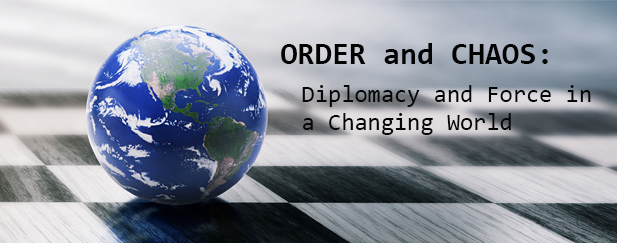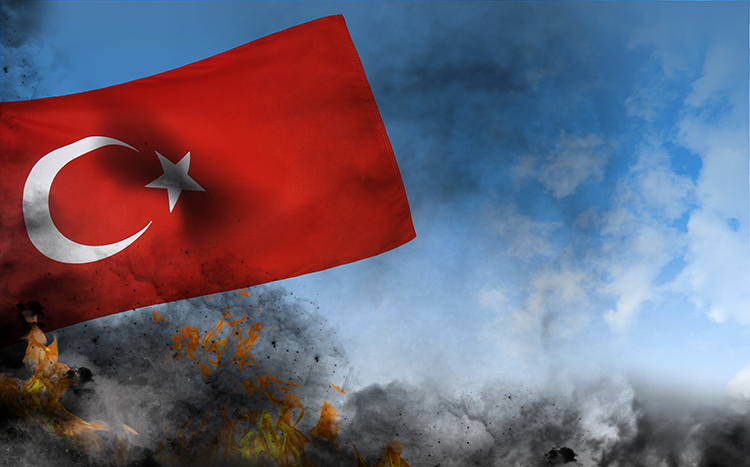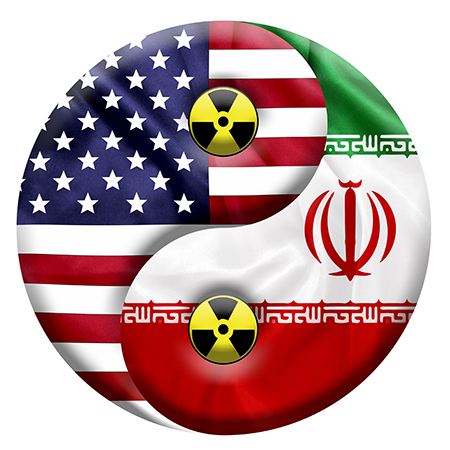EPIIC 2017 Overview

EXP 0091F
Tuesdays and Thursdays, 3:00-5:30pm
Bi-monthly Discussion Sessions TBA
EPIIC is open to undergraduate and graduate students of all majors.
EPIIC coursework can count toward credit in many majors.
Full Credit /Letter Graded
All interested students must come to the first class on Tuesday, September 6, Crane Room
EPIIC Weekend Immersion
Outward Bound at Appalachian Mountain Club,
Pinkham Notch, New Hampshire
This is a weekend of teambuilding and lectures with a guest scholar/practitioner. This year’s Guest Scholar is Inez Freiin von Weitershausen, Lecturer at the London School of Economics. Her dissertation was on "Preferences, Institutions, Alternatives – Limits for Cooperation in EU Crisis Response during the Arab Uprising".
Description
 The failed putsch in Turkey, Russia’s annexation of Crimea and Eastern Ukraine, the terrorist threat of the Islamic State (ISIS), the cross-border impacts of climate change, and ongoing repercussions of Iran’s nuclear deal illustrate that the old certainties of international politics and diplomacy have faded away.
The failed putsch in Turkey, Russia’s annexation of Crimea and Eastern Ukraine, the terrorist threat of the Islamic State (ISIS), the cross-border impacts of climate change, and ongoing repercussions of Iran’s nuclear deal illustrate that the old certainties of international politics and diplomacy have faded away.
Major events in the world have frequently caught foreign policy experts and policymakers off guard and reactive, often leaving leaders struggling to determine their positions and responses, trying to balance stability with the reality of rapid change. Intelligence failures, uncertain alliances, and changing definitions of security are leading the diplomacy and foreign policy establishments to reexamine global priorities, interests, and policies. At the same time, the international environment is evolving quickly, with new powers and non-traditional actors rising and the potential for widespread disruptive activities increasing. New technologies are transforming the nature of conflict, expanding global connections, and exponentially sharing information.
The 21st century is marked by rising uncertainties and much less predictability for global policymakers and global citizens alike. The classic foreign policy equation has changed. The attainment of peace has been the main problem throughout the 20th century, and remains so today.
How are the current tectonic power shifts leading to fundamental changes in the distribution of power: economically, politically, militarily and socially? How are the tools of power changing, and how is that power being wielded? In an uncertain world, how is strength defined? Are global leaders prepared to engage these complex, trans-border challenges and shifting dynamics? Is there order to be made from the chaos?
 The aim of the class is to analyze the political and technological framework of a changing world, promote the understanding of diplomacy and statecraft, and redefine the role of diplomacy and the military as indispensable instruments to secure peace and prosperity in the world of tomorrow. Exchanges with leading practitioners and academics, innovative project approaches in crisis management and conflict prevention, and evaluations of diplomacy in practice will be the basis for lively exchange using current case studies.
The aim of the class is to analyze the political and technological framework of a changing world, promote the understanding of diplomacy and statecraft, and redefine the role of diplomacy and the military as indispensable instruments to secure peace and prosperity in the world of tomorrow. Exchanges with leading practitioners and academics, innovative project approaches in crisis management and conflict prevention, and evaluations of diplomacy in practice will be the basis for lively exchange using current case studies.
How will diplomacy and statecraft need to evolve to meet current and future challenges? How can Track One and Track Two diplomacy channels complement each other and be engaged effectively? What are the destabilizing effects of non-state actors? Of failed states? How will civil and military leaders work together to secure future goals, regarding both national and international security? Where do the roles of national governments and international institutions coincide and collide? How do (should) policymakers balance their national interests with global interests? What place do human rights and humanitarian diplomacy have on the global stage? How do officials manage, and how are they influenced by, domestic expectations and engagement?
How will real and perceived threats be understood and managed? How will the risk of surprise attacks and unforeseen technological developments affect the nature of power relationships? Are the old tools for conflict management and prevention effective or do they need to be designed anew? What are the challenges of peacebuilding in the modern world? Are peace and justice achievable goals?
Diplomacy very often has to deal with the gap between what exists and what is needed.
The class will be divided into three parts: the first will focus on general trends and major power shifts, the second on recent changes in diplomatic practice and the relationship between force and diplomacy as well as intelligence and diplomacy, the last part will concentrate on six case studies in diplomacy. External and internal views will be examined and analyzed against the background of a comparative approach, in particular from leading EU member states such as France, the United Kingdom and Germany.
Colloquium Working Groups
The working groups within the colloquium aim at understanding how policies have an effect on people who live in other countries, and on new forms of negotiation and crises management. The EPIIC philosophy foresees to a larger extent than other traditional courses the immersion and participation of students. The working groups will discuss current issues and develop strategic approaches to imminent challenges against the background of current developments.
For example, the group negotiating over Brexit will focus on negotiating tactics of Prime Minister May’s government and rule out whether a Norway-lite or a Canada-type free trade deal will be followed as a strategic objective by the British government. It will also look in greater detail at the economic fall-out in Britain, Europe and the wider world.
 The working group “Iran policy after the deal” will look at the implementation of the Joint Comprehensive Plan of Action [JCPOA] (concluding the nuclear deal signed in July 2015) as an arms-control agreement, the American Iran policy, the regional implications of the agreement and an evaluation of the verification system as well as Iran’s nuclear programme in a historical perspective. It will also discuss possibilities and consequences of attempts to revise JCPOA.
The working group “Iran policy after the deal” will look at the implementation of the Joint Comprehensive Plan of Action [JCPOA] (concluding the nuclear deal signed in July 2015) as an arms-control agreement, the American Iran policy, the regional implications of the agreement and an evaluation of the verification system as well as Iran’s nuclear programme in a historical perspective. It will also discuss possibilities and consequences of attempts to revise JCPOA.
The working group on the Balkans will discuss a path to membership and peace via Balkan cooperation and take the meeting of President Hollande and Chancellor Merkel in Paris in 2016 as a starting point. The Balkans remain Europe’s unfinished business. In the early 1990s, Europe’s ability to defend itself was tested when Yugoslavia fell apart. It could have been Europe’s finest hour, but the European inability to restore peace in its own backyard showed once again Europe’s dependence on American military assets. Today, Russia, Turkey, China and radical islamists are gaining influence in some of the Balkan states, namely Bosnia, Serbia, Albania and Macedonia. The group will look at the positions and personal involvement of Angela Merkel and Francois Hollande in the negotiating process, discuss domestic problems of the non-EU countries Serbia, Albania, Kosovo, Macedonia and Montenegro, and will monitor Serbian membership negotiations.
Another working group will evaluate in a comparative approach India’s and Russia’s diplomacy as both undergo considerable change and strategic re-orientation. Whereas traditional Indian diplomacy has been non-allied, the current Indian diplomacy is stepping up to gain full admission to the 34 nation Missile Technology Control Machine, it has called America publicly an “indispensable partner”, and it engages permanently in Central Asia and the Arabian Sea. Today’s Russian foreign policy is driven by the country’s quest for a strong state and shaped by President Putin’s territorial aspirations. The group will look at parallels and differences in approaches, strategic documents, world views and diplomatic tools of the two countries in order to come to solutions on the future course of the two countries.
Growing uncertainties, as well as the dissolution of the classical distribution of power, necessitates a new assessment and relationship of force and diplomacy. Our knowledge of the people who live in foreign countries must undoubtedly be deepened. We must widen the scope of our diplomatic engagement, invest in new forms of diplomacy and deepen the knowledge of the people who live in other countries. The EPIIC symposium will be prepared by group work, student participation, and an ongoing exchange with experts.
Download the 2017 EPIIC brochure.
